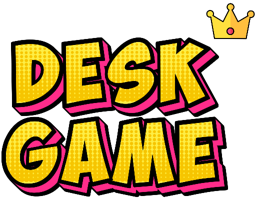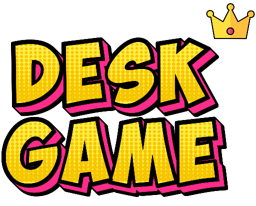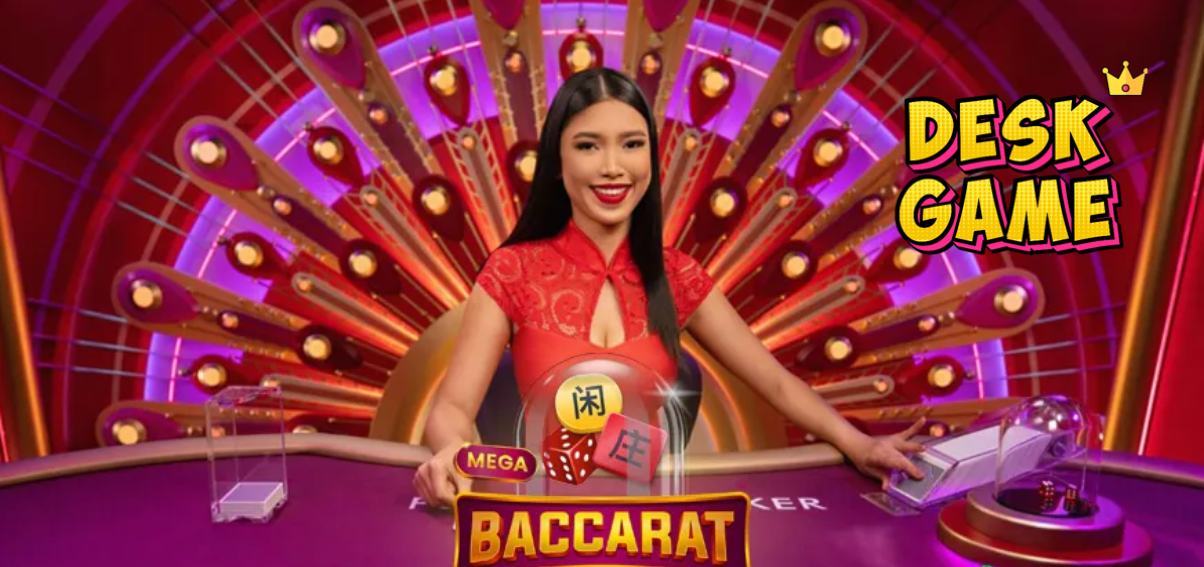Understanding the deskgeme Jili Deskgame rules Costs of Using Slot Machines: A Comprehensive Guide

Slot machines have long been a staple in the world of gambling, captivating players with their bright lights, engaging sounds, and the allure of substantial winnings. Whether you're a seasoned gambler or a curious newcomer, one of the most pressing questions you might have is: "How much does it cost to use a slot machine?" This question is not as straightforward as it seems, as the costs can vary significantly based on several factors. In this comprehensive guide, we will delve into the various aspects that influence the cost of playing slot machines, providing you with a clear understanding of what to expect.
The Basics of Slot Machine Costs
At its core, the cost of using a slot machine is determined by how much you choose to wager on each spin. Slot machines typically allow players to adjust their bet size, which can range from a few cents to several dollars per spin.
1. Bet Size and Paylines
Modern slot machines often feature multiple paylines, which are the lines across the reels where winning combinations can land. Players can usually decide how many paylines to activate, and the cost per spin increases with the number of active paylines.
For example, if a slot machine has 25 paylines and you bet $0.01 per line, each spin will cost you $0.25. If you increase your bet to $0.05 per line, the cost per spin rises to $1.25.
2. Coin Denominations
Slot machines also offer various coin denominations, allowing players to bet with coins worth different amounts, such as $0.01, $0.05, $0.25, $1, and so on. The choice of coin denomination directly impacts the total bet per spin.
For instance, betting one coin at $0.25 per line on a 25-line machine results in a cost of $6.25 per spin.
Factors Influencing the Cost
Beyond the basic mechanics of bet size and paylines, several other factors can affect the overall cost of playing slot machines.
1. Type of Slot Machine
Different types of slot machines have varying cost structures:
- Classic slots : These typically have fewer paylines and lower minimum bets, making them suitable for players with ...... aller budgets.
- Video Slots: These often feature more paylines and additional features like bonus rounds, which can increase the cost per spin.
- Progressive Slots: These offer the chance to win massive jackpots but usually require maximum bets to qualify for the progressive prize, significantly raising the cost per spin.
2. Casino Location and Policies
The location of the casino and its specific policies can also influence costs. Casinos in different regions may have varying minimum bet requirements, and some casinos might have higher minimums for premium machines or high-traffic areas.
3. Volatility and RTP
The volatility of a slot machine, which refers to the risk level and frequency of payouts, can indirectly affect costs. High-volatility slots may require a larger bankroll to withstand longer periods without wins. Additionally, the Return to Player (RTP) percentage, which indicates the average amount returned to players over time, can influence long-term costs.
Hidden Costs and Considerations
In addition to the direct costs of spinning the reels, there are several hidden expenses and considerations that players should be aware of.
1. Time Spent Playing
The more time you spend playing, the more spins you'll make, and the higher your overall costs will be. It's crucial to set a time limit to avoid excessive spending.
2. Opportunity Cost
The time and money spent on slot machines could have been used for other activities or investments, representing an opportunity cost that should be considered.
3. Comps and Rewards Programs
While casino comps and rewards programs can provide benefits like free meals and hotel stays, they can also encourage longer play sessions, leading to higher overall costs.
Budgeting and Responsible Gambling
To enjoy slot machines responsibly, it's essential to understand and manage the associated costs.
1. Set a Budget
Before you start playing, decide how much money you can afford to lose and stick to that budget. Avoid the temptation to chase losses.
2. Choose the Right Machine
Select a slot machine that fits your budget and playing style. If you have a ...... aller bankroll, opt for machines with lower minimum bets and fewer paylines.
3. Take Breaks
Regular breaks can help you stay focused and prevent impulsive decisions that could increase your costs.
4. Know When to Stop
If you reach your budget limit or feel that gambling is becoming a problem, it's crucial to stop playing and seek help if needed.
Real-World Examples
To illustrate the varying costs of playing slot machines, let's consider a few real-world scenarios:
- Low-Stakes Player: Playing a classic slot with 3 paylines at $0.01 per line, each spin costs $0.03.
- Moderate-Stakes Player: Playing a video slot with 25 paylines at $0.05 per line, each spin costs $1.25.
- High-Stakes Player: Playing a progressive slot with 50 paylines at $1 per line (with a requirement to bet 2 coins per line to qualify for the jackpot), each spin costs $100.
The cost of using a slot machine can vary widely based on factors such as bet size, paylines, machine type, casino policies, and hidden expenses like time spent playing and opportunity cost. By understanding these elements and adopting responsible gambling practices, you can enjoy the thrill of slot machines without risking financial strain.
Whether you're a casual player seeking entertainment or a high-roller aiming for big wins, being aware of the costs involved is crucial for a balanced and enjoyable gambling experience. Remember to set a budget, choose the right machine, and always gamble responsibly. With the right approach, slot machines can provide hours of entertainment and the potential for exciting payouts.












comment